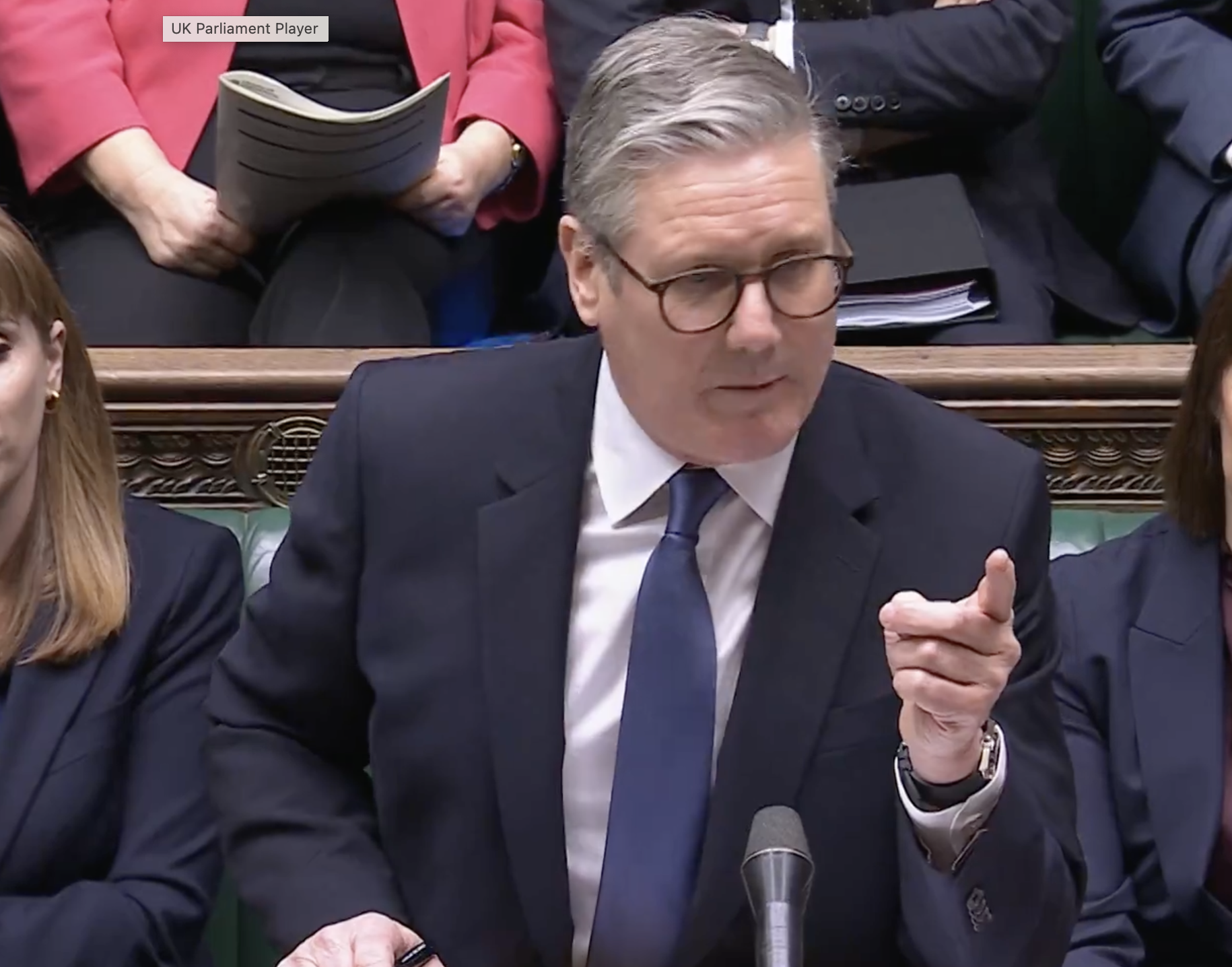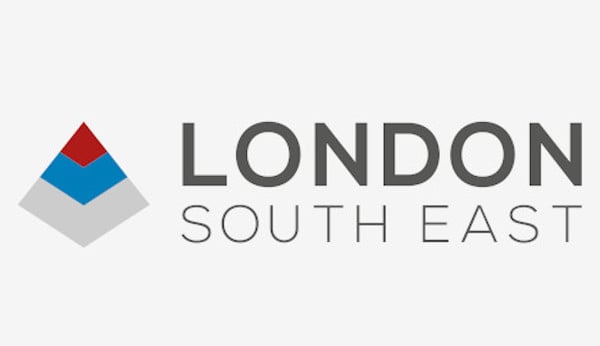UK Trade Deals Spark Fiery Exchange Between Starmer and Badenoch

In a heated session of Prime Minister's Questions, Labour leader Keir Starmer accused the Conservative Party of sliding into 'brain-dead oblivion,' a remark that underscored the deepening rift between the two parties over recent trade agreements with India, the US, and the EU. Starmer's comments came in response to criticisms from Kemi Badenoch, who dismissed the deals as 'tiny tariff' agreements that have left Britain in a worse position than earlier this year.
Badenoch, representing the Conservative viewpoint, argued that the trade deals, particularly the one with the US, were inconsequential and failed to address the broader economic challenges facing the UK. She highlighted the increase in unemployment and the reduction in jobs as evidence of the government's failing policies, attributing these issues to Labour's adjustments to national insurance rates for employers.
Starmer, however, defended the trade agreements, emphasizing their role in safeguarding thousands of jobs across various sectors, including automotive, steel, and whisky production. He challenged Badenoch to visit the affected communities and explain her opposition to deals that have tangible benefits for workers and the economy. The Labour leader's rebuttal highlighted the contrasting visions for Britain's economic future, with Starmer advocating for international cooperation and Badenoch pushing for a reevaluation of the UK's trade strategy.
The exchange at PMQs not only revealed the stark divisions between Labour and the Conservatives but also set the stage for ongoing debates over the UK's post-Brexit trade policy. As both parties gear up for the next election, the effectiveness of these trade deals and their impact on the British economy are likely to remain central issues. The confrontation between Starmer and Badenoch serves as a microcosm of the broader political struggle over the direction of the UK's economic and trade policies in the years to come.




